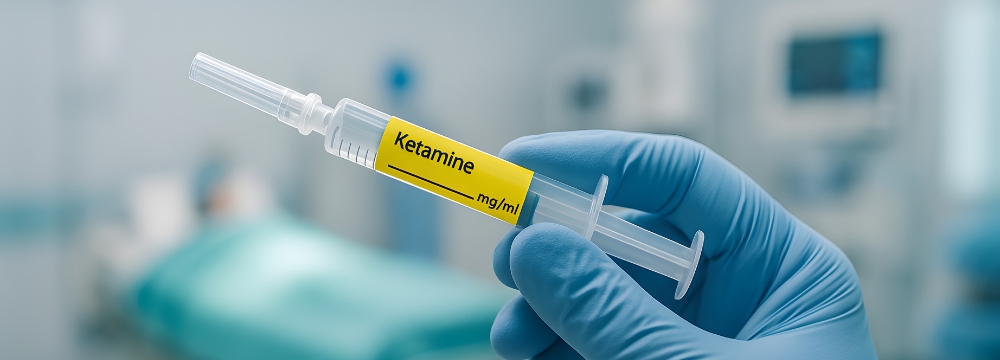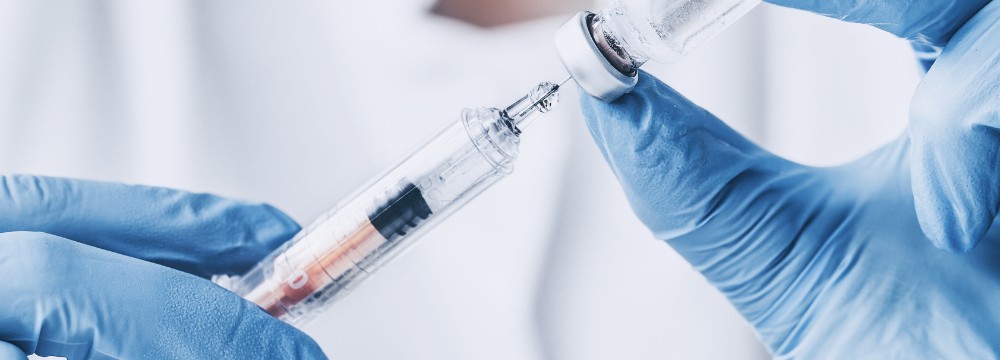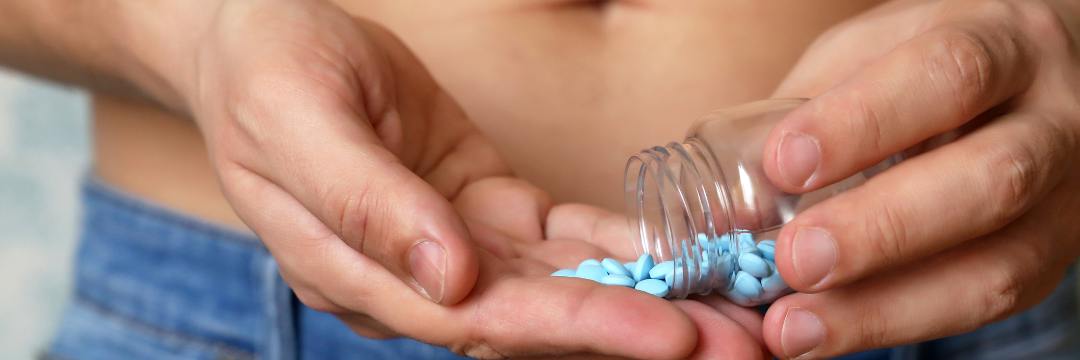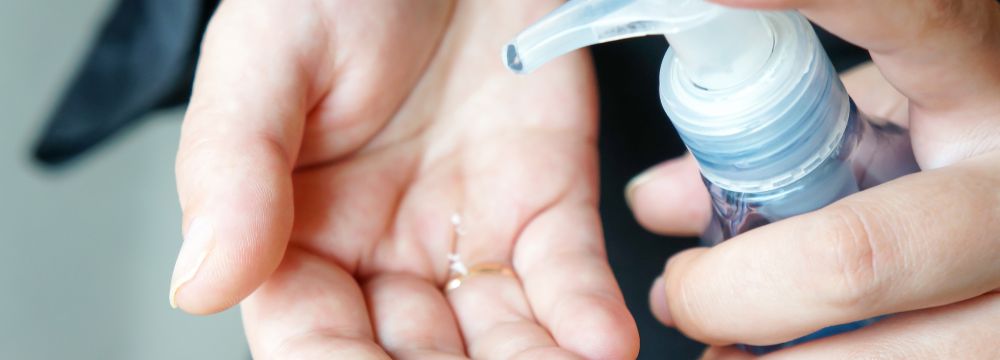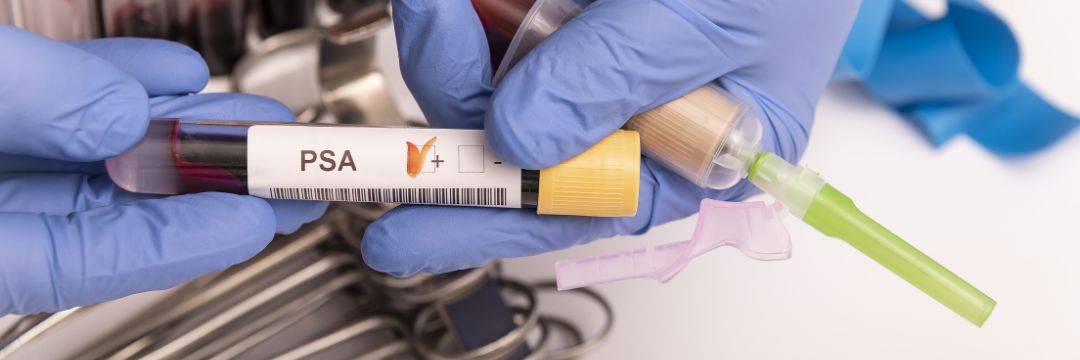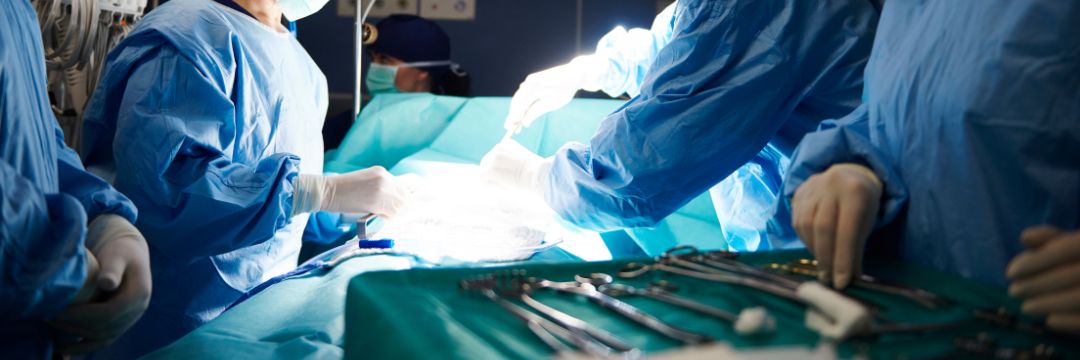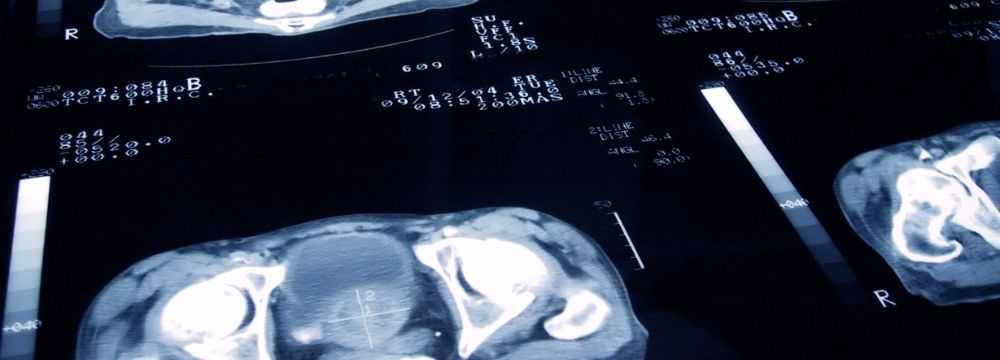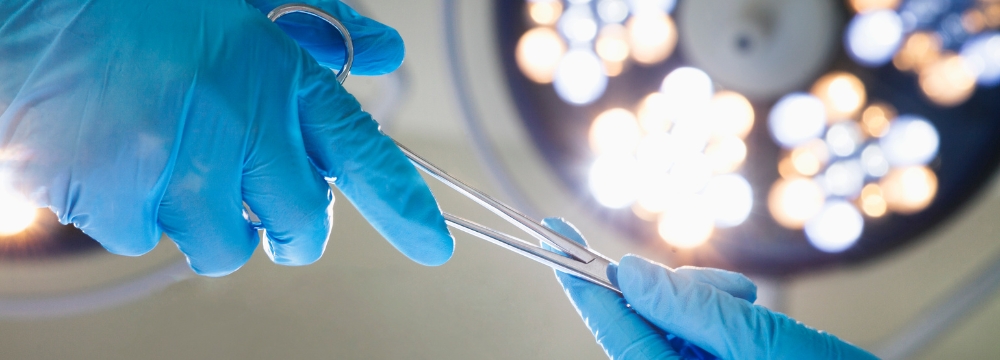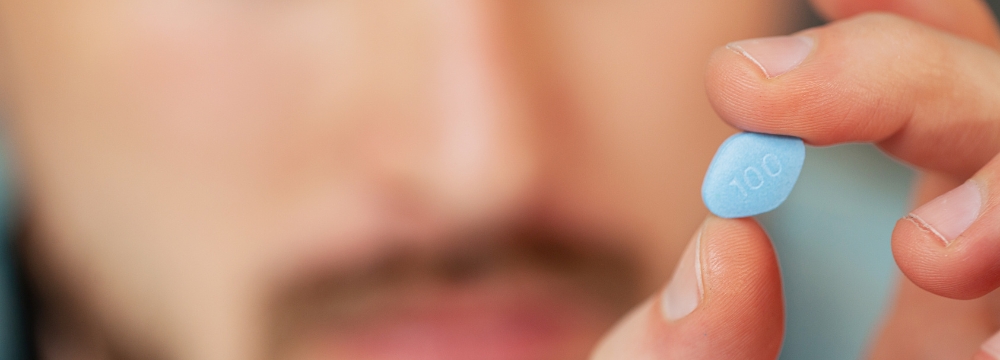
Official Dr. Richard Natale Blog
Bladder Cancer
BPH
Dr. Richard Natale
Enlarged Prostate
Erectile Dysfunction
Erection
General
Heart Disease
Kidney Stones
Low Testosterone
Male Fertility
Male Infertility
Medications
Men's Health
Overactive Bladder
Penile Implant
Peyronie’s Disease
Prostate Health
PSA
Sexual Health
Stress Urinary Incontinence
Support System
Urinary Continence
Urinary Problem
Urolift
Urologist
Urology
Urology Exams
Vasectomy
Vitamins / Supplements

Popular categories
Erectile Dysfunction
See more ArticlesProstate Health
See more ArticlesPenile Implant
See more Articles
Bladder Cancer
BPH
Dr. Richard Natale
Enlarged Prostate
Erectile Dysfunction
Erection
General
Heart Disease
Kidney Stones
Low Testosterone
Male Fertility
Male Infertility
Medications
Men's Health
Overactive Bladder
Penile Implant
Peyronie’s Disease
Prostate Health
PSA
Sexual Health
Stress Urinary Incontinence
Support System
Urinary Continence
Urinary Problem
Urolift
Urologist
Urology
Urology Exams
Vasectomy
Vitamins / Supplements

